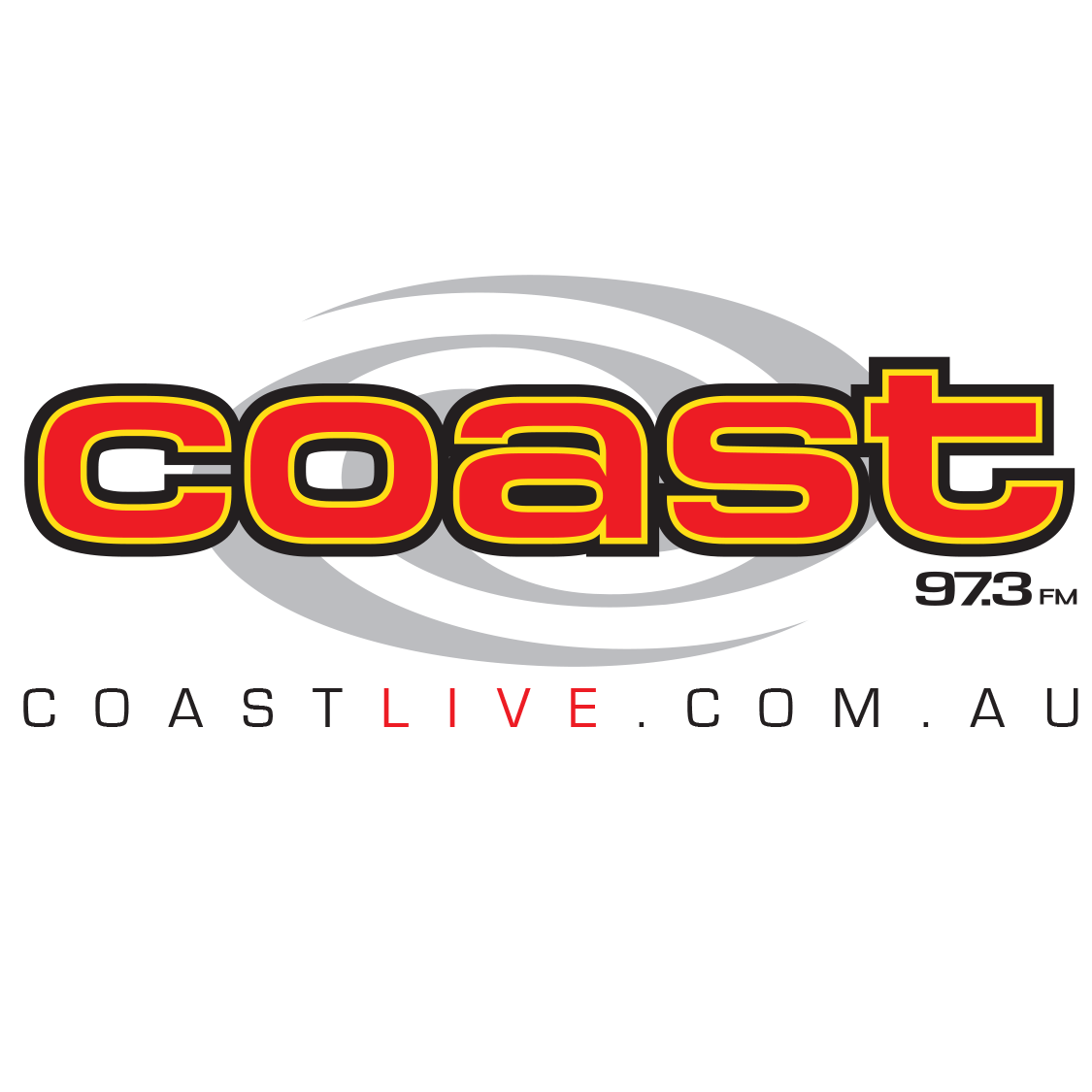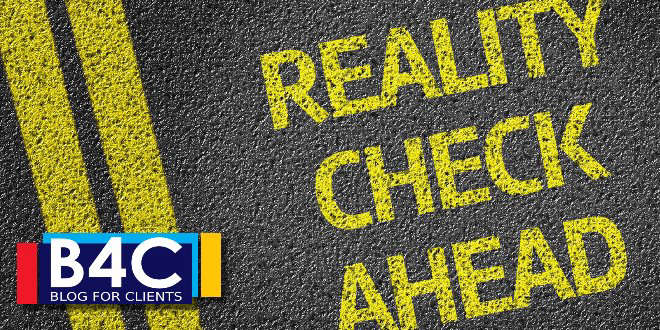I was recently asked by a client to write a commercial to make people to visit their website. So the first thing I did was visit his site and... WOAH!
There was some major problems with his site, which it turned out, had be designed by their teenager son. So, ever so gently... I pointed out these problems, and how they can be fixed. After they fixed them, THEN I wrote them the ad.
Believe it or not, a couple of days after I was then asked by a another client in a different business category to do the same... and noticed the exact same problems... and this time the site had been designed by a 'web expert' that they had paid a lot of money, and yet it had EXACTLY the same problems.
So here is my list of the problems that I noted - maybe your website is suffering the same issues.
1. Remember that your website is not a brochure or a business card - it's not just a landing page for your office hours and contact details - especially not long term. Used in the right way, your website can be a truly effective marketing tool, spearheading marketing campaigns, and even following them up. How?
2. Attract leads and customers to your site by doing 2 very simple things:
- Letting them know who you are, where you are and your opening hours.
- Offer content related to your expertise and business.
3. Many people when searching for your business will just type your business name, or your website name directly into a search engine to find you. That's why it always pays to have your website in every piece of advertising that you do, even on your car, your shirts, on everything! This is so they remember it.
4. Now, those who don't type your name or website in, will... do a search for the product or service they are after, and (for example: the Google search algorithm) will do a local search first, and then list those suppliers under the paid ads first - so if you don't list your products and services on your home page, or have effective SEO (Search Engine Optimisation) then people won't be able to find you. Good SEO is worth the money you pay for it.
5. Learn the right 'sales language' for your industry and use it on your site - for example if you build sheds, then you don't 'put up sheds' you 'erect sheds' you could also say 'council approved sheds erected to your specifications' or something similar. Pick the right language for your industry by looking at other sites and note what they say. Don't copy it word for word, but change it up to what people might search for - it helps.
6. While you are at it - see what other things the competition offers, and do something similar, but better value for your prospective clients, that will mark you out as not only giving away something for free (and everyone loves a freebie), but also value adds to your marketing and business.
7. DON'T make your website one GREAT BIG SALES LETTER - I put that in caps for a reason - it turns people off! Long descriptions really do turn people off, and these days of short attention spans, no one has time for that! Also, include pictures or videos (short videos under 2 mins in length - or shorter!)
8. Poorly written copy that sucks the pixels off the page. Sure, put headlines on your main landing page so people can find information, then direct them to the details - but then spell check everything! Either pay for a web copywriter, or create provocative headlines, and statements in your copy that keep people reading and agreeing with what you have to say. Stir curiosity and keep them reading - but keep it brief.
9. You MUST include testimonials or Case Studies, or at the very least some examples of your work. People believe and trust other people who have used your products and services, especially when they are giving a genuine testimonial, either written or video. It helps to take away peoples fears, and makes them more confident in you, your business and what you are offering.
10. Websites with no benefits? I left this till last, but it should really be a part of every single thing you have on your website. Always give a benefit top everything you do, sell and every interaction with people on your site. Remember that a customer visiting your website is after something that THEY want, not what you want. They are looking to 'solve a problem' first, and then they want to know 'what will they gain' by using your business?
Fix these problems, and then let people know about your site in every form of marketing you do, from your business cards, to car signage, and your radio ads, and drive that traffic up and up!
Until next time, stay safe.



